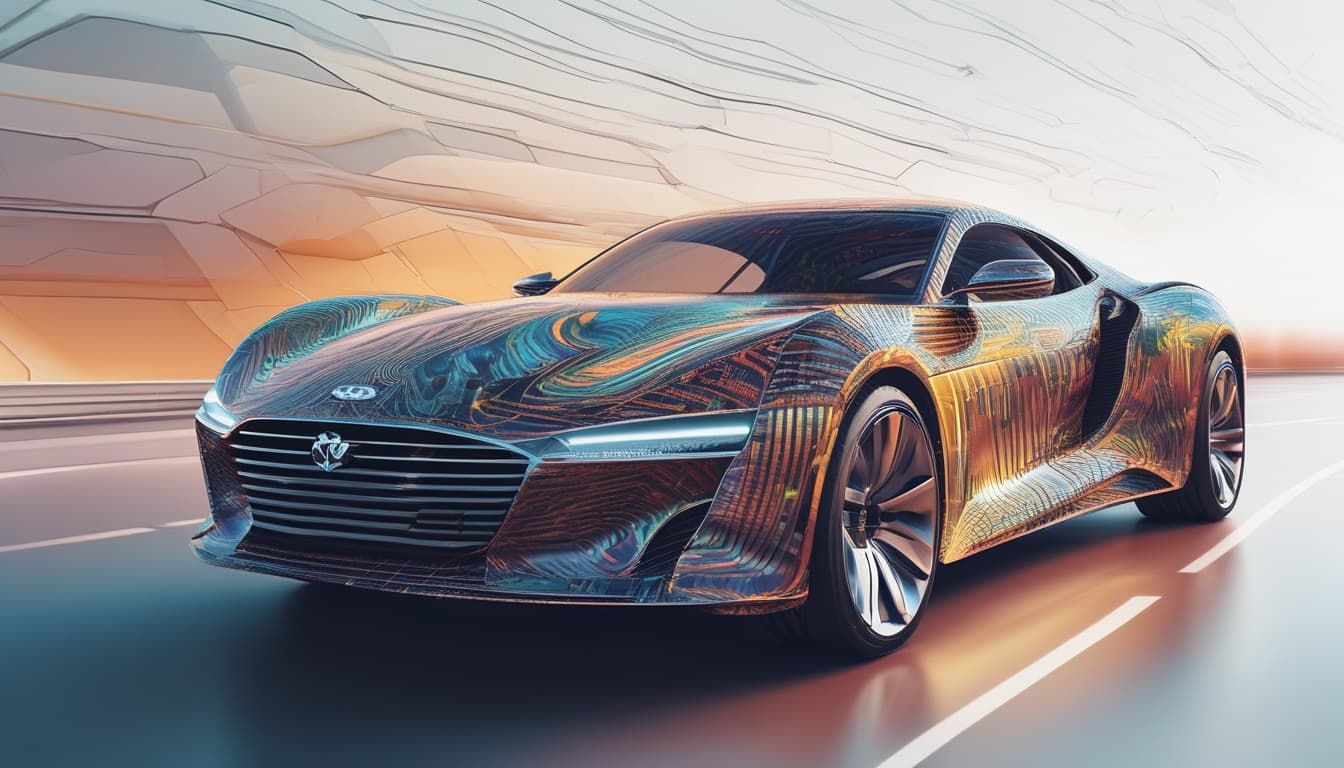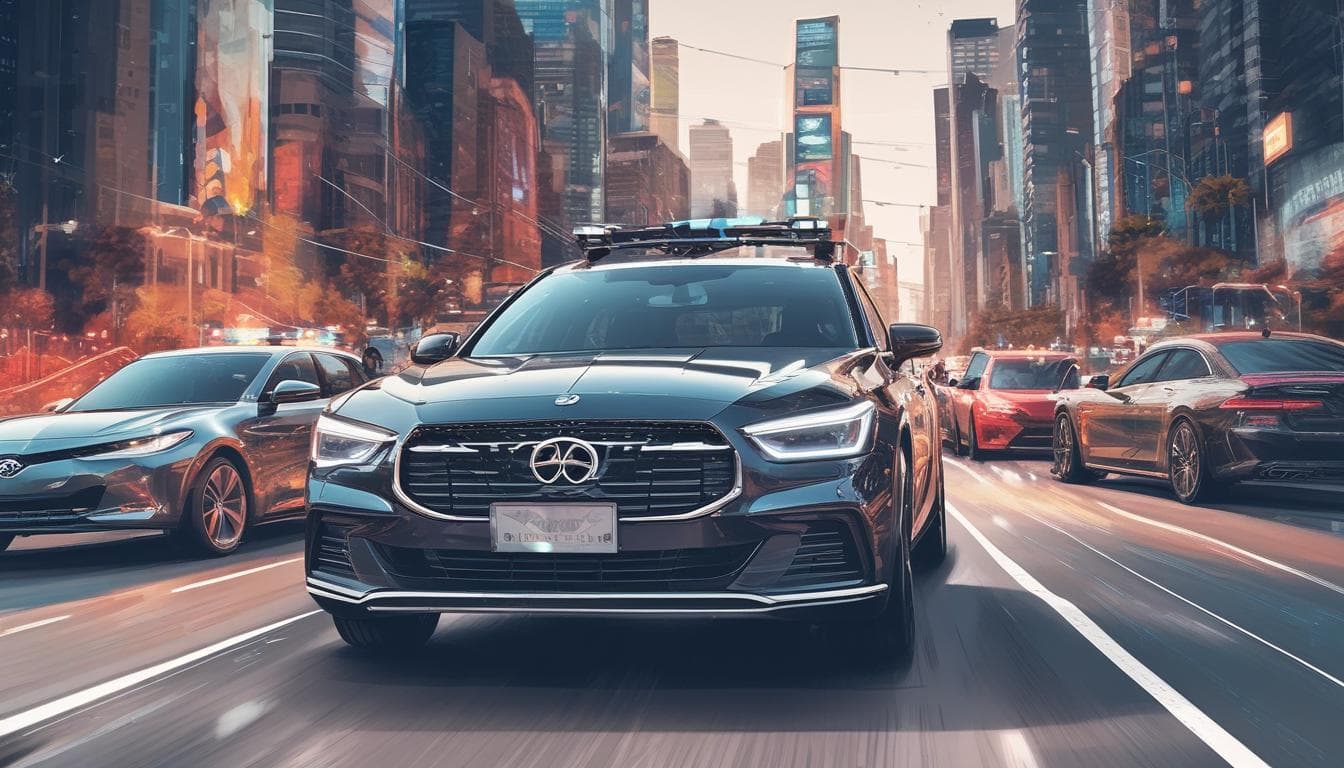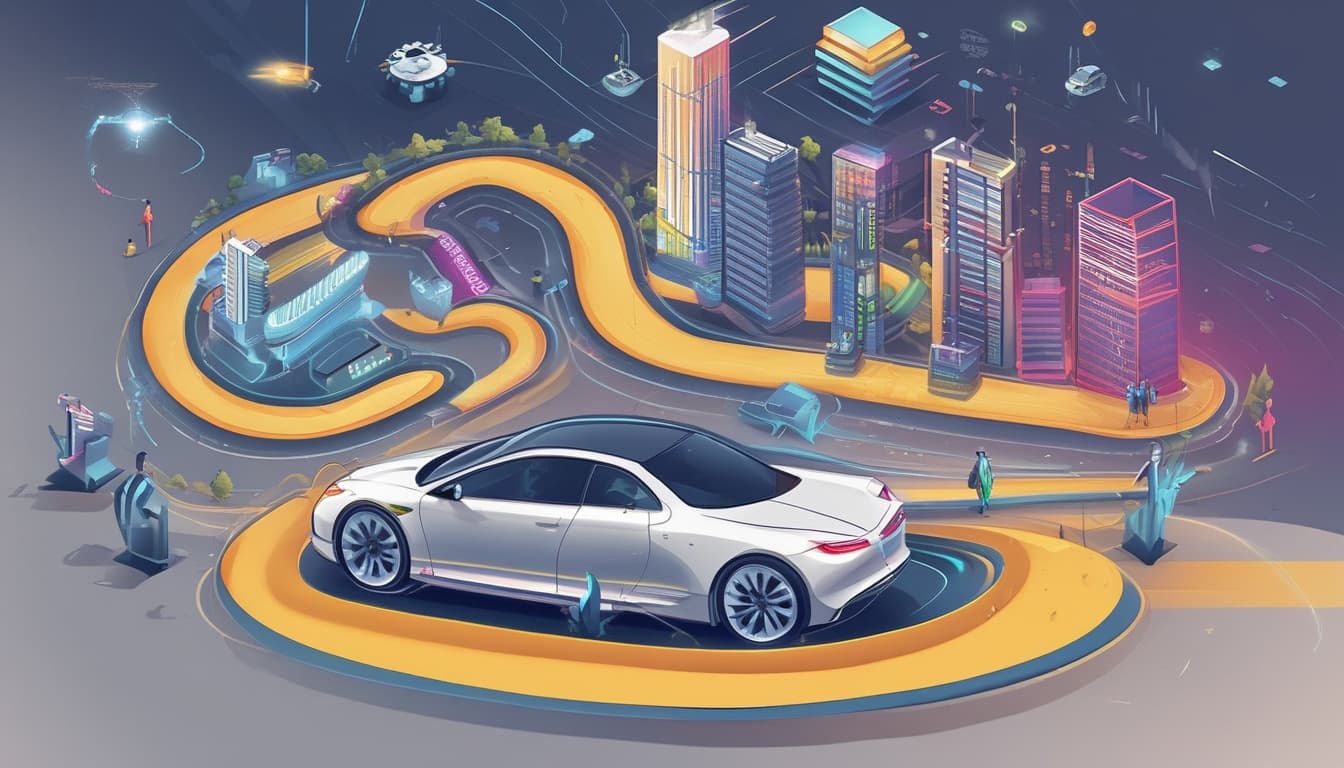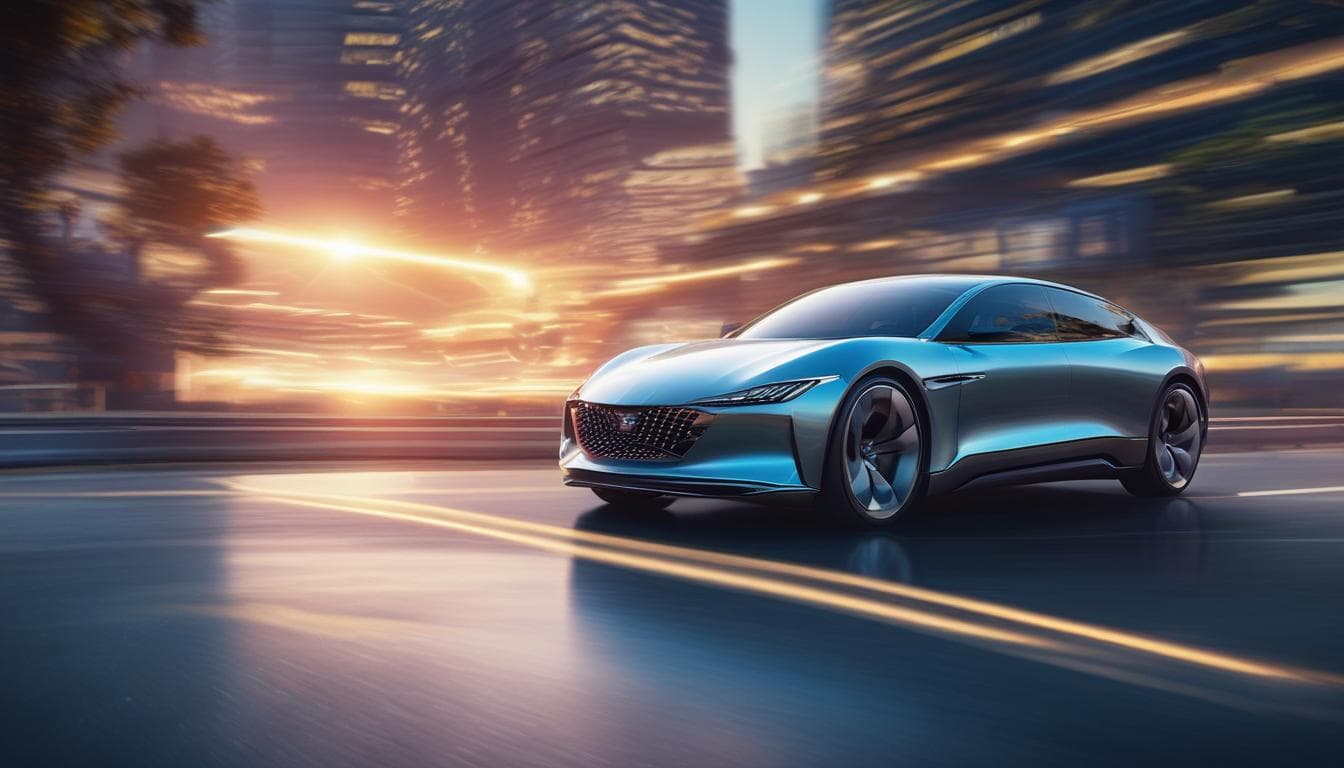Beyond the realm of personal vehicles, imagine a future where AI-powered, modular 'mobile platforms' dominate logistics and delivery. These platforms could reconfigure themselves on-the-fly – transforming from a long-haul transport truck into a swarm of last-mile delivery drones, or even morphing into temporary mobile warehouses. What innovative business models and societal shifts might emerge from such a drastically fluid and adaptable automotive-based infrastructure, and what challenges might we face in security, regulation, and job displacement?
That's a fascinating vision! The idea of AI-powered, modular mobile platforms reshaping logistics opens up a world of possibilities. Let's break down some potential business models, societal shifts, and challenges:
Innovative Business Models:
- Dynamic Logistics-as-a-Service (LaaS): Companies could subscribe to a fleet of these platforms, dynamically adjusting the configuration and number of units based on real-time demand. This aligns with the broader trend of "Anything as a Service" (XaaS) in the automotive industry, offering flexibility and scalability.
- Mobile Manufacturing & Assembly: Imagine platforms that reconfigure into temporary assembly lines, moving production closer to raw materials or consumer markets, reducing transportation costs and lead times.
- On-Demand Infrastructure: In disaster relief scenarios, these platforms could rapidly transform into mobile hospitals, shelters, or communication hubs.
- Personalized Delivery Experiences: Platforms could adapt to specific product requirements, offering temperature-controlled environments for perishables or specialized handling for fragile items.
Societal Shifts:
- Decentralization of Supply Chains: Increased flexibility and adaptability could lead to more localized production and distribution networks.
- Urban Planning Revolution: The need for large, fixed warehouses might diminish, freeing up valuable urban space. Furthermore, we might see new approaches to parking and traffic management.
- Enhanced Accessibility in Remote Areas: Mobile platforms could bring essential goods and services to underserved communities.
Challenges:
- Security: Protecting these platforms from hacking and theft is paramount. Imagine the consequences of a malicious actor gaining control of a swarm of delivery drones.
- Regulation: Existing transportation regulations are not designed for such dynamic and adaptable systems. New frameworks are needed to address safety, liability, and data privacy.
- Job Displacement: While these platforms could create new jobs in areas like AI maintenance and platform management, they could also displace workers in traditional transportation and warehousing roles. Retraining and social safety nets will be crucial.
- Ethical Considerations: Ensuring fair access, preventing algorithmic bias, and addressing the potential for surveillance are important ethical considerations. The rise of AI in the automotive sector, as discussed in this article, highlights the importance of responsible development and deployment.
- Infrastructure Compatibility: Existing road infrastructure may need modifications to fully accommodate the unique capabilities of these modular platforms.
This future requires careful planning and collaboration between governments, industry, and researchers to mitigate the risks and maximize the benefits.
이 주제에 대해 더 알아보기
대화에 참여하기
- 자율주행 시대의 미래 자동차 실내 디자인: 당신의 상상은?
자율주행 기술의 발전으로 자동차 실내 공간은 어떻게 변화할까요? 이동 중 업무, 엔터테인먼트, 휴식 등 다양한 목적에 맞춘 미래형 자동차 디자인과 혁신적인 기능에 대한 아이디어를 공유하고 토론해 보세요. 증강현실, AI 등 미래 기술 접목, 맞춤형 공간 구성 등 자유로운 상상을 펼쳐보세요.
- 자율주행 시대, AI가 제시하는 자동차 선택과 운전 경험 변화
AI가 자동차 선택을 돕는 자율주행 시대에 운전 경험은 어떻게 변화할까요? 새로운 자동차 사용 시나리오와 이색 분야에 대한 가능성, 그리고 개선 방향에 대한 의견을 나눠보세요.
- 자율주행 시대, 자동차의 '디지털 영혼'은 어떤 가치를 가질까요?
자율주행 시대에 자동차가 단순히 폐기되는 것을 넘어, 축적된 주행 데이터와 개인 정보를 보존하는 '디지털 아카이브'로 진화할 가능성을 탐구합니다. 차량의 '디지털 유산'이 가져올 새로운 가치와 미래 모빌리티의 방향성에 대해 함께 토론해 보세요.




